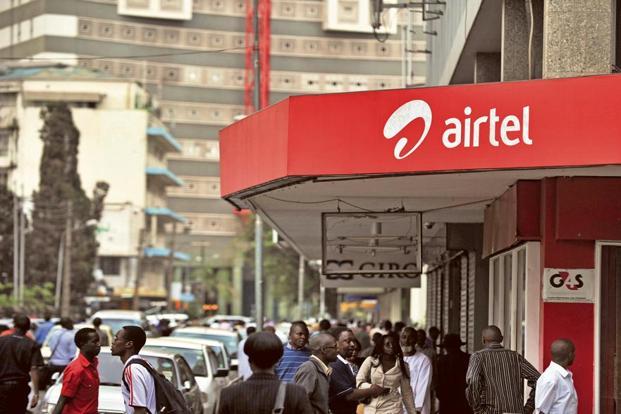Airtel blames regulator for its mounting woes

Communications Authority of Kenya (CA) is being blamed by Airtel Kenya for unwillingness to declare Safaricom a dominant provider.
Airtel claims that the regulator’s indecision has made it difficult for the company to compete commercially in the sector.
In a 15-page presentation to the Senate Committee on ICT, the operator also accused CA of intentionally subscribing favours to Safaricom in spectrum allocation, despite heavily investing on the network to improve customer experience.
While acknowledging there hasn’t been any existence of a dispute regarding the position of Safaricom in terms of its dominance status and significant market power, Airtel said there has however been an obvious reluctance by the regulator to declare its rival a dominant player in retail mobile and retail mobile money markets.
“Declaring Safaricom dominant is the first step to ensuring market competitiveness which we believe has been the sticking point and key barrier in taking any steps to rectify any market anomalies in Kenya,” argued Airtel.
Declaring dsafricom dominant
Airtel Kenya is ranked as the country’s second largest mobile operator by market share but has struggled to penetrate the Kenyan market on data and mobile money segments despite its massive infrastructure investments.
Safaricom dominates the two segments of the market even though its dominance on data has been shrinking over the last years with Jamii Telecommunication Ltd and Telkom Kenya among other players offering alternatives.
Smaller players including Airtel, have long maintained that Competition Authority of Kenya (CAK) and CA should split up Safaricom and M-Pesa into separate stand-alone business units in order to compete favorably and open the market.
But the regulators, says Airtel, have failed to honor those requests. Airtel said that they instead continue to extend special treatment to Safaricom pointing at the allocation of additional spectrum to the operator as an example, while renouncing the same privileges to smaller players.
Additional spectrum
As a result, Airtel says that failure by CA to allocate it additional spectrum has negatively limited its efforts to improve the operator’s LTE/4G network to customers majority of whom continue to decry poor internet services.
“We are unable to get additional spectrum in the 1800MHz (Band 3) and 2100MHz (Band for 4G/LTE despite being highly in need of the same in order to provide enhanced accessibility of Airtel 4G services by all customers without device limitations related to spectrum bands,” it argues in its submission on Wednesday.
Uneven playing field conditions in telecom markets challenges the pace of investment in the Industry, according to the operator that has had its brand name modified at least five times in the last two decades.
In its defense, rather than pocketing the proceeds from its innovation, Safaricom has argued that it has ploughed back revenues to transform itself into the multi-billion firm it is today – with its diverse marketing strategies also seen to be paying off.
“Despite investing heavily on the network to improve customer experience, we continue to grapple with lack of spectrum especially in 4G/LTE which as advised by the CA is unavailable, yet the dominant player holds excessive spectrum,” regretted Airtel.











